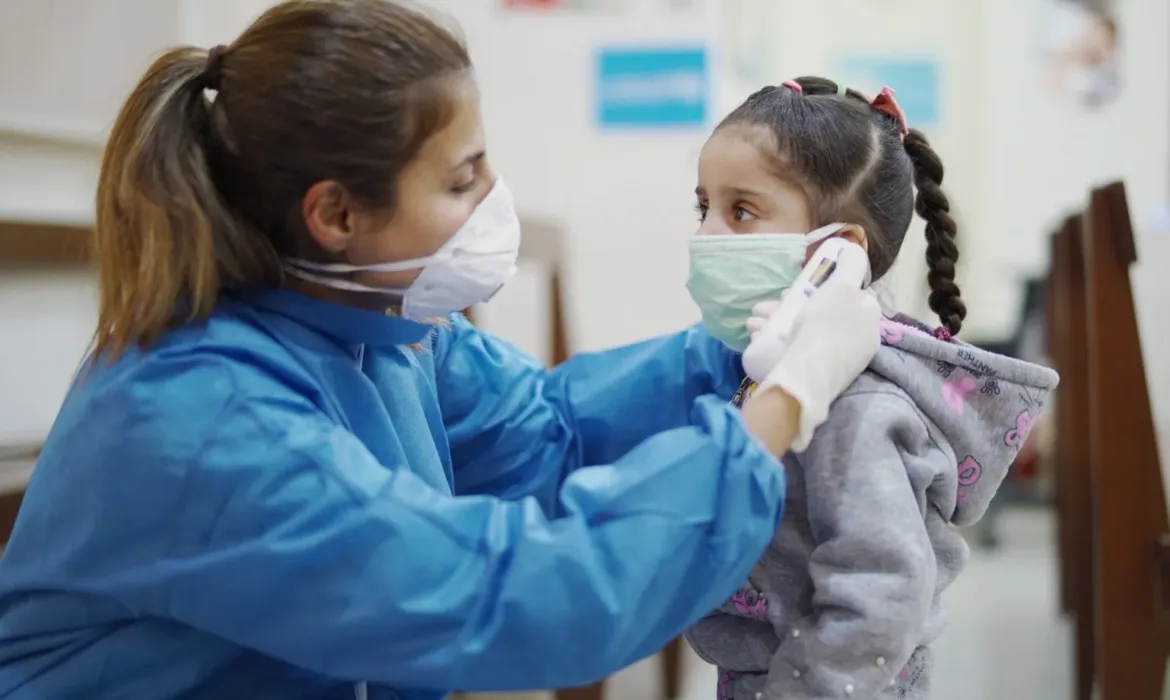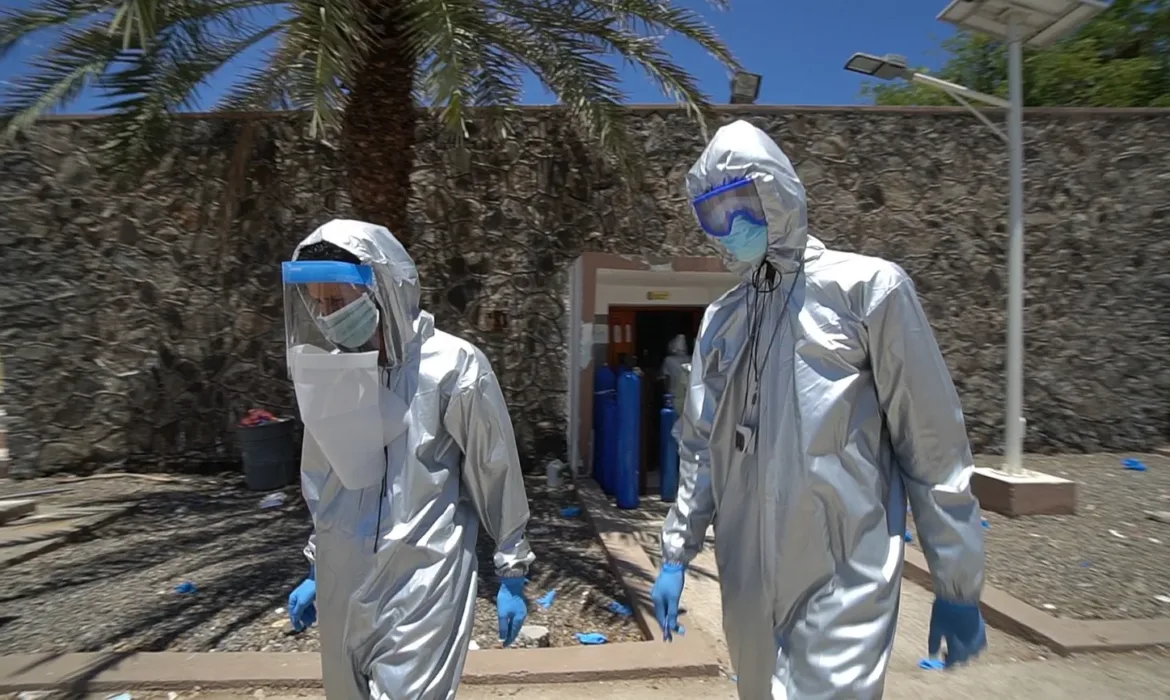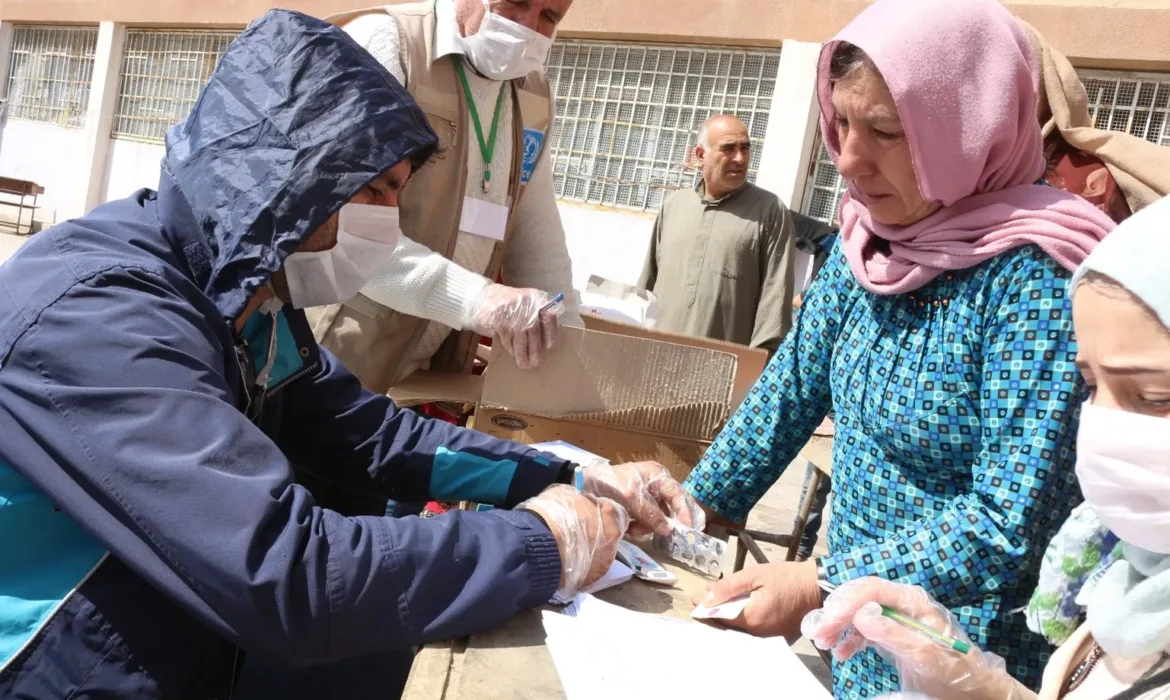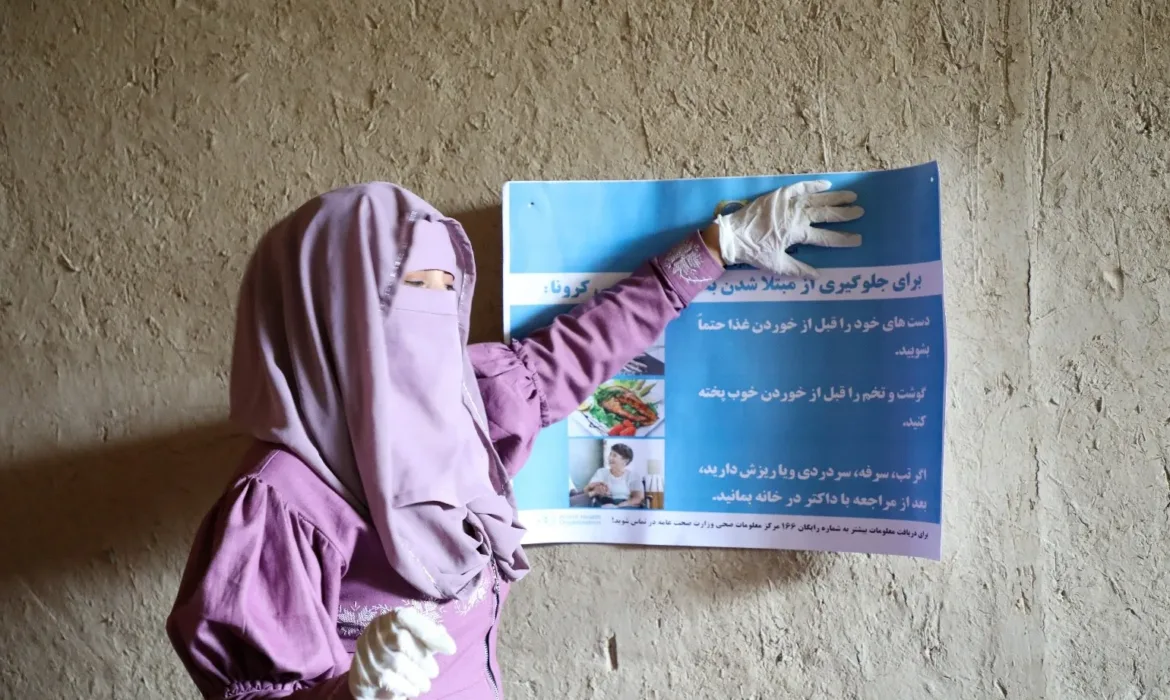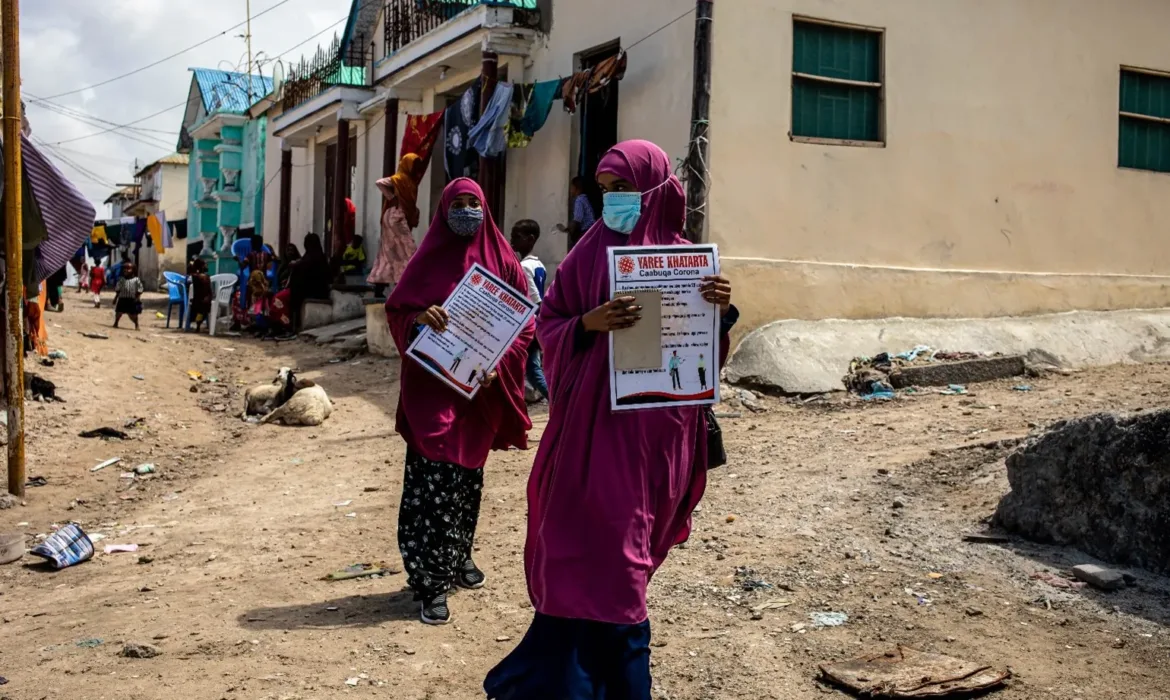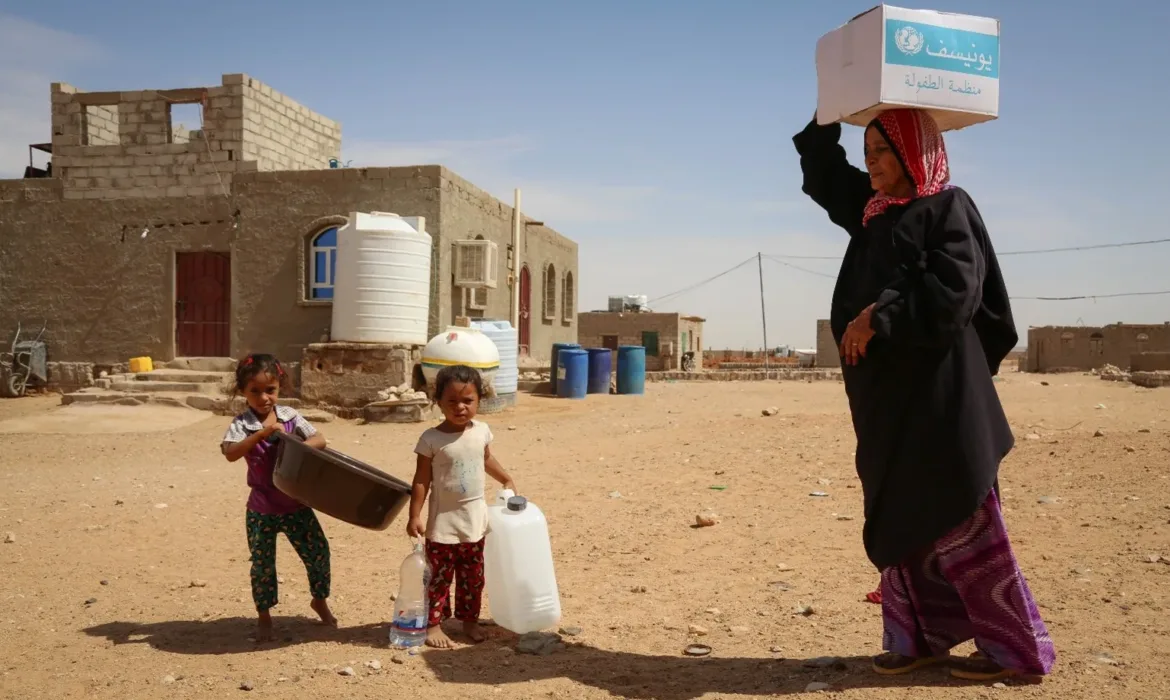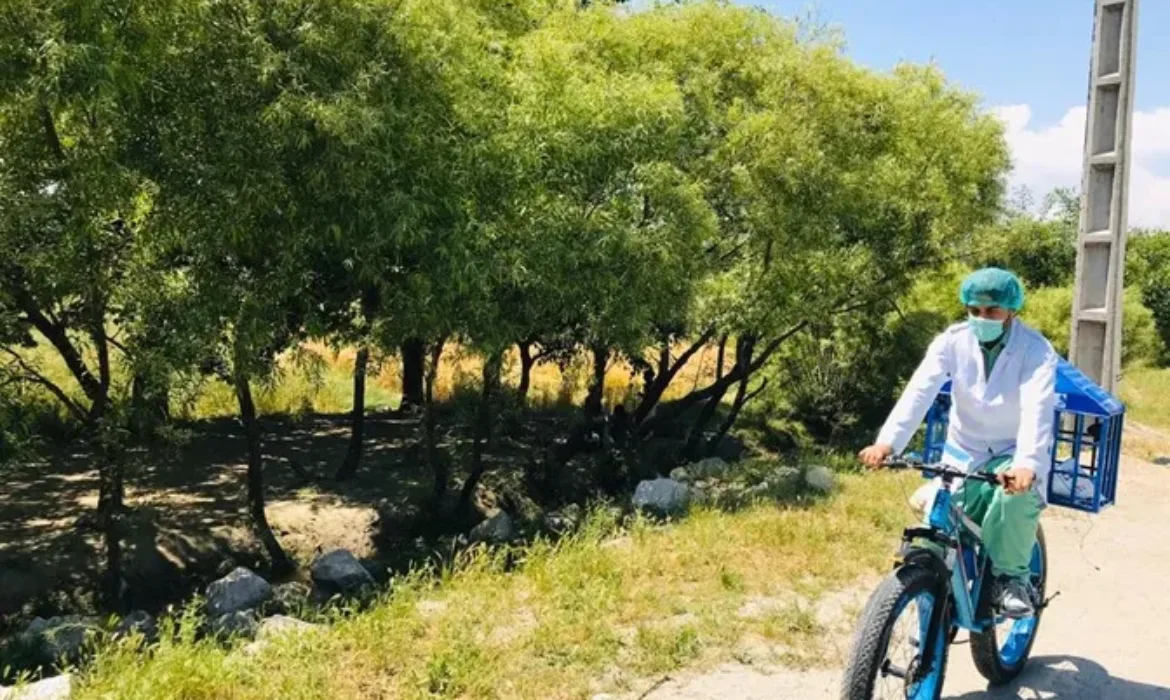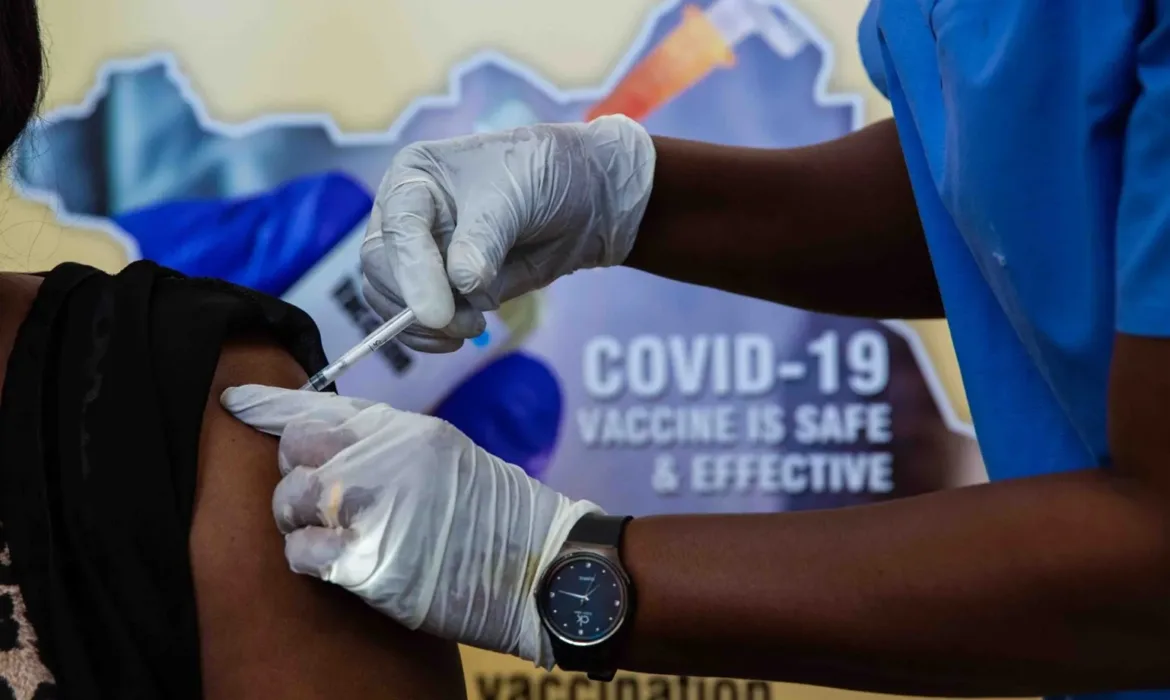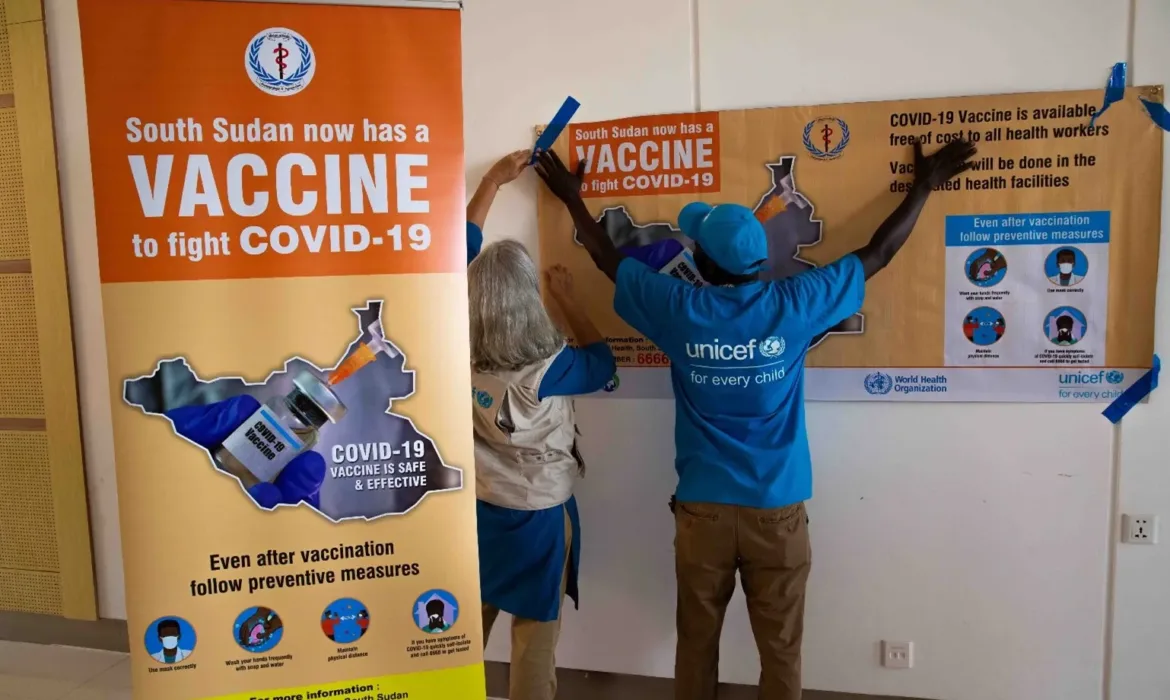
Photo Essay - Futures at Risk
The Impact of COVID-19 on Maternal, Newborn and Child Health in Fragile and Conflict Affected Setings
Women, Children and Babies Cannot be Put Last or Forgotten in the Global Response to COVID-19
Even prior to the COVID-19 pandemic, children living in fragile and conflict-affected states (FCAS) were twice as likely to die before the age of five. COVID-19 is likely only to have deepened this division.
Before the pandemic, health systems in FCAS settings were already facing extraordinary challenges in averting women, children and babies dying of preventable causes. Now, these systems are being pushed towards breaking point.
Numerous countries are facing more deadly and more infectious waves of COVID-19. Powerful global players like the UK, who have been leaders in supporting vulnerable children all over the world for years, must act now to prevent a catastrophic health crisis.
UNICEF UK’s new Policy Briefing Futures at Risk: The impact of COVID-19 on maternal, newborn and child health in fragile and conflict-affected settings draws on new evidence from a research report commissioned to explore the impact of COVID-19 on maternal, newborn and child health in fragile and conflict-affected settings.
Based on the vast disruptions to lifesaving health and nutrition services, the research warns that the effects on maternal and child mortality could be greater than the direct death toll from COVID-19.
The policy briefing makes key recommendations to the UK Government to protect children’s futures, maintain funding and save lives.
This photo essay brings to life some of our key findings and highlights why our recommendations are so important.
Need for More PPE and the Increased Costs of delivering Essential Healthcare
The research found that COVID-19 has led to higher costs of delivering services for women, children and babies. A study from Nigeria found that the costs of giving birth doubled or tripled, depending on the route of delivery, with personal protective equipment (PPE) accounting for a large proportion of the cost increase.
UNICEF has been supporting with the procurement and distribution of PPE around the world during the pandemic, including in Lebanon and Yemen.
In Lebanon, since 21 February 2020, when the first case of COVID-19 was confirmed, UNICEF has procured and delivered medical supplies to 194 Primary Health Care Centres. The supplies have included 650,000 pairs of gloves, 830,000 surgical masks, 34,000 N95 respirator masks, 26,750 gowns and 3,000 infra-red thermometers. UNICEF has also provided over 215,000 litres of bleach, 5,200 litres of detergent and 1.3 million bars of soap to 260 social development centres and 1,200 public schools. These results are part of UNICEF’s COVID-19 response in partnership with government, UN and civil society, including the Ministry of Public Health and the Disaster Risk Management Unit, municipalities, WHO, UNHCR, the Lebanese Red Cross and the University of Balamand.
Use of Mobile Clinics to Reach Communities at Risk
Among the adaptation strategies found in the research that enabled the continuation of health services for mothers, children and babies was the attempt to bring services closer to communities when people either could not attend clinics due to lockdowns, or were fearful to attend because of the risk of becoming infected with COVID-19. Mobile and outreach services were critical to this endeavour. UNICEF has supported the creation of such clinics in fragile and conflict settings.
In Syria, thousands of people, who fled their homes due to escalating violence in the north-eastern region since October 2019, remain displaced at collective shelters in the city of Al-Hasakeh. From early in the pandemic, UNICEF has continued to reach children and mothers in these shelters with essential health and nutrition services, despite restrictions of movement across Syria as part of the COVID-19 prevention measures.
Thanks to a generous contribution from the UK Government, UNICEF-supported mobile teams, comprised of doctors, nurses and trained health workers, are providing children and women in 79 shelters with outpatient consultations and medications, referrals to hospitals, malnutrition screenings and treatment as well as nutritional supplements. UNICEF-supported health workers are also providing consultations and best practice guidance on infant and young child feeding for mothers and pregnant and lactating women.
Need to Spread Accurate Information and to Counter Misinformation
The research identified that misinformation and mistrust surround COVID-19 has had an impact on community engagement with healthcare services. Efforts were required to ensure people were aware of the facts and how to stay safe.
UNICEF has a played a vital role in this. In Afghanistan, UNICEF worked to provide accurate information to the public, especially to vulnerable populations such as internally displaced persons. Similarly in Somalia, UNICEF (in partnership with the Ministry of Women and Human Rights Development) supported and trained students to conduct house-to-house visits, alerting people to the dangers of COVID-19.
Increased Water, Sanitation and Hygiene Activities, and the Long-Term Benefits This Could Have
The research found that a potential positive trend was the additional funding has been made available in some settings for water, sanitation and hygiene (WASH) activities in order to help prevent the spread of COVID-19.
UNICEF has been working throughout the pandemic to establish new WASH facilities to increase access. In Yemen, for example, UNICEF has been expanding preparedness and response programmes, including providing clean water and distributing basic hygiene kits containing soap, towels, buckets and jerry cans, to empower and enable internally displaced families across the country to protect themselves. In Afghanistan, UNICEF supported a mobile library to raise awareness on COVID-19 key preventative measures and promote handwashing among children in rural villages.
Importance of COVID-19 Vaccines for All
Our research was conducted before COVID-19 vaccines were widely available. Now that vaccines are obtainable, UNICEF is working around the world to support the vaccine delivery that we know is essential to end this pandemic. In South Sudan, the vaccination campaign began in March 2021. Through the COVAX facility, UNICEF is helping to provide half of COVID-19 vaccines in South Sudan.
One of the key recommendations from our Policy Briefing is that the UK must continue to lead efforts to deliver COVID-19 vaccines to protect key workers in fragile and conflict affected settings. To do this, the UK Government should ensure that COVAX is fully funded and make additional dose donations.


